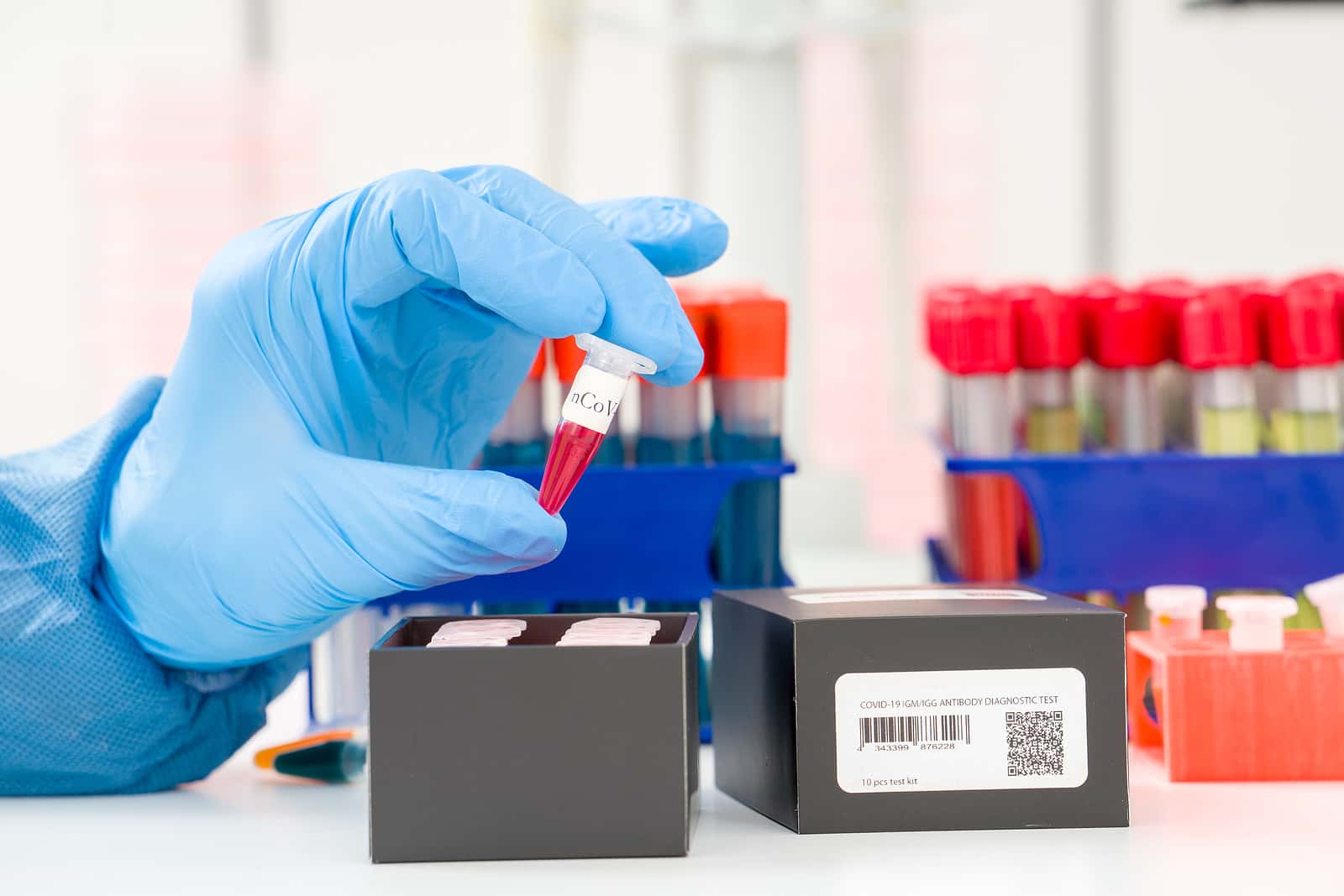
Scientists are trying to figure out the best way to assess past COVID-19 exposure and immunity. The RT-PCR (real time polymerase chain reaction) test from a nasal swab identifies current infections. To determine if someone has recovered from the infection, clinicians examine antibodies to the virus. The body produces these only after the immune system encounters a particular virus. In the case of COVID-19, the virus is SARS-CoV-2.
Which Antibodies Work Best?
Scientists are trying to determine which antibodies are most reliable in fingering a past infection. In addition, they would like to know if certain antibodies indicate a stronger or more durable immune response that would protect against future infection.
In a recent study, investigators at MD Anderson Cancer Center in Houston, Texas, tested 138 serum samples from 30 hospitalized patients who had tested positive for COVID-19 while they were ill. For a control group, they tested samples from 464 healthy individuals (JCI Insights, Aug. 14, 2020). Some tests looked at reactions to the SARS-2 nucleocapsid antibody or N-protein, while others focused on an antibody to the coronavirus spike protein or S-protein.
Higher Neutralizing Capacity:
Although far fewer people (only 1.6% of healthy participants) carried antibodies that react to the spike protein, those blood samples were significantly more likely to neutralize the virus in a test tube. At least in theory, virus-neutralizing capacity indicates some protection against reinfection. Presumably the individuals reacting to the S-protein had asymptomatic infections that had gone unrecognized.
The authors caution their colleagues not to rely on commercially available tests that focus on antibodies to the N-protein. This could be especially important in evaluating vaccine effectiveness during the months to come.
Citations
- McAndrews KM et al, "Heterogeneous antibodies against SARS-CoV-2 spike receptor binding domain and nucleocapsid with implications on COVID-19 immunity." JCI Insights, Aug. 14, 2020. 10.1172/jci.insight.142386

